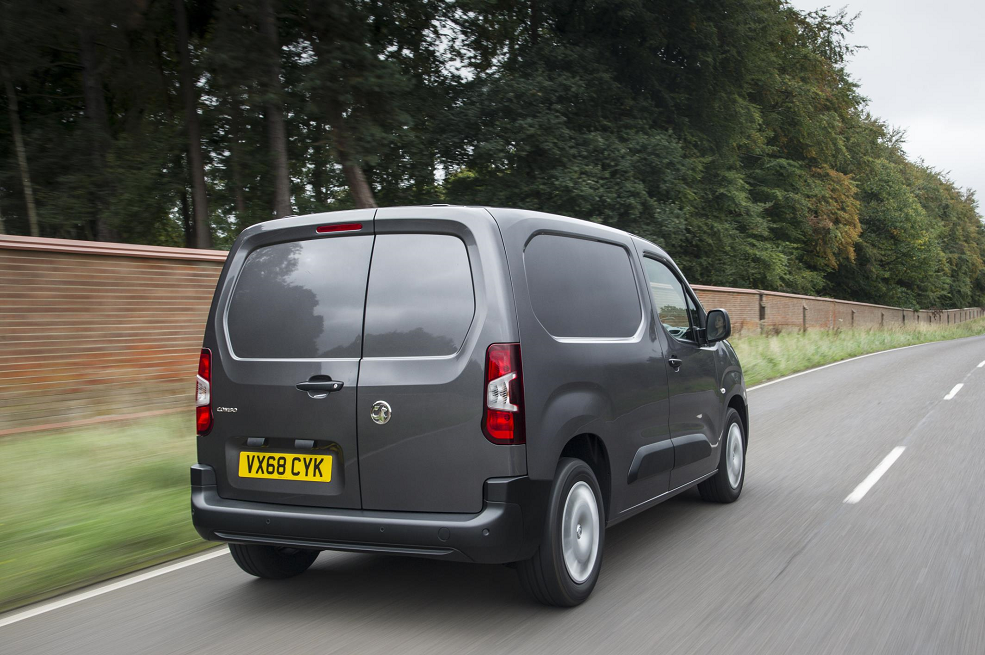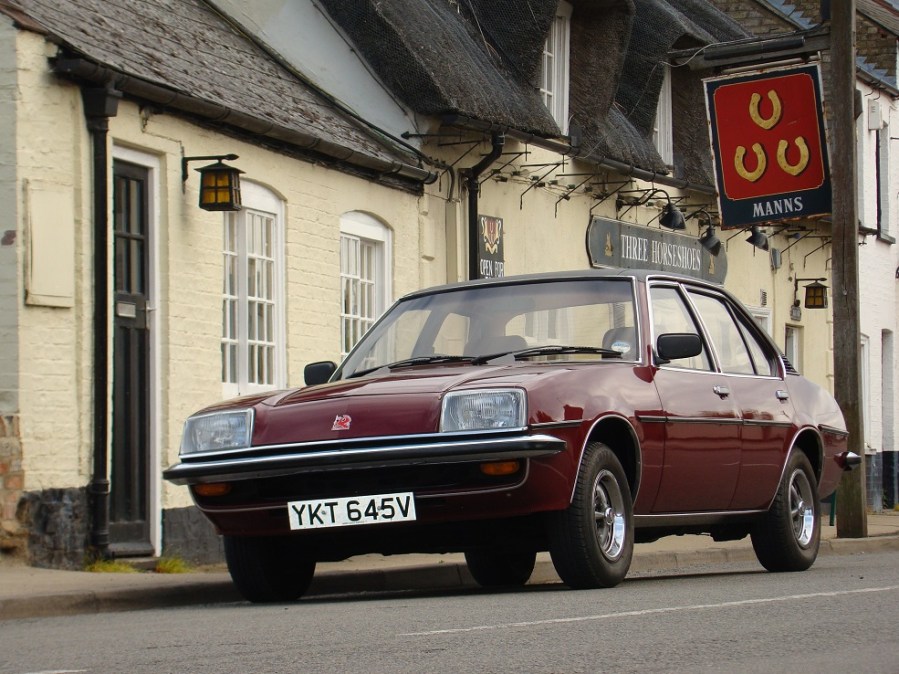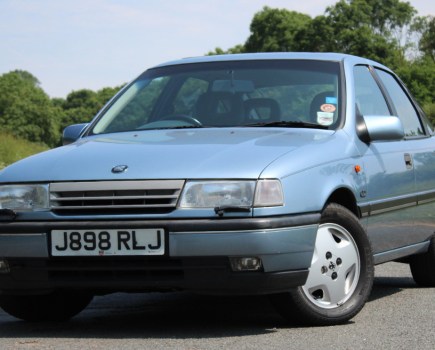Vauxhall makes its first profit since 1999 under PSA ownership. We look at what this means for the future of the brand and its UK operations.
NEW PROFITS
Opel-Vauxhall is back in sustained profitability. Having last made a profit in 1999, it finally returned €502m in the black in the first half of 2018, sparking hope for investors and new owner Groupe PSA (manufacturer of Peugeot and Citroën). As recently as 2017, it had returned a loss of €179m in the last five months of that year; signs that, at the time, seemed to suggest that things were far from positive for the twinned brands.
But the turnaround has exceeded expectations. When PSA had made the €2.2bn euro purchase in 2017 of the Vauxhall and Opel going-concerns, the targets were: a recurring operating margin of two per cent by 2020, six per cent by 2026, and a positive operational free cash flow by 2020. By late 2018, the results were impressive: a recurring operating margin of five per cent and operational free cash flow of around €1.2 billion.
NEW HOPE
Vauxhall/Opel continue a product offensive in Europe. The Grandland X based on PSA’s EMP2 platform has performed well since its release in 2017, while 2018 saw the revival of the GSi nameplate for the Insignia and Corsa, as well as the new Combo van range which also uses a PSA platform. Meanwhile, the end of last year saw some encouraging signs for Vauxhall, with much of its range sweeping up various awards: the compact Crossland X was noted as the safest in its class after winning a five-star NCAP rating; the Insignia claimed multiple titles including Best Large Family Car for the second time at CarBuyer Best Car Awards, and the new Combo Cargo claimed plenty other accolades.
Next year will come an all-new Corsa, based on the new Peugeot 208. A pure-electric version will contribute to the commitment to offer electrified versions of every Vauxhall passenger car by 2024. Following the challenged joint-venture between GM and PSA that began in 2012 with a proposed 40 co-developed cars that ended with just three realised, PSA can now finally develop Vauxhall and Opel with its other European brands as it had hoped.
The PSA group is itself riding on a wave of financial success. Following its resuscitation by the French government and Chinese backers Dongfeng Motor in 2014, and subsequent cost-cutting regime, PSA has now been setting its attention to consolidating the operations of its recently acquired Vauxhall-Opel division.
In April last year, PSA decided to complement Luton’s van building operations with Peugeot and Citroën models, promising the plant around 350-400 jobs. Production figures at Luton are expected to rise from 60,000 to 100,000 vehicles, which will support as many as 1400 workers total.

Vans are key to the UK brand’s success
BUT AT A COST
However, this is somewhat balanced by a watchful eye over the Ellesmore Port car plant in Cheshire. Under PSA custody, its workforce of 1900 was slashed by nearly 50 per cent in efforts to root out potential inefficiencies and overcapacity. The Astra Sports Tourer built there, as well as Vauxhall passenger vehicles more widely, has not been performing strongly enough to support the production resources at Ellesmore Port. PSA management is to make final judgement in 2020 on any potential fresh investment for the plant.
Meanwhile, the dealership network has also been a target for consolidation. In early 2018, contracts were cancelled on 1,600 dealers around Europe, 326 of which in the UK, with plans to re-franchise at least 200 of these over the subsequent two years. These quite difficult decisions have been made in an effort for Vauxhall and Opel to save €1 billion by 2022.
STRENGTH OF CORPORATE STRATEGY
The rebalancing of finances and operations has produced a positive outlook for the once-troubled PSA, and the future is now brighter for Vauxhall. The French company has identified seven critical trends for the future automotive market and developed strategies to target their problems. A so-called Push to Pass corporate plan is into its second two-year stage now, seeking development in industries of the aftermarket, used vehicles, financial services, all working towards a circular economic field that could change the nature of the car sales environment. Vauxhall under PSA now finds itself on the good side of the European car industry’s development, but PSA is also looking globally.
PSA is looking to fully capitalise on its enviable footholds in emerging markets and expand sales outside Europe by 50 per cent by 2021. The magic 5-million unit sales figure is in sight as PSA builds its economies of scale.
Vauxhall seems to have finally found its light at the end of the tunnel under PSA. In the face of a declining market for new cars in the UK, it continues to build a market share (from 6.65 per cent to 7.23 per cent in the year-to-November 2018). It will be interesting to see the result of Vauxhall’s appointment of 33 Seconds PR agency this year, a firm with previous proven success within PSA. Further sharing of resources and effective consolidation of operations should provide an increasingly competitive position. The promise of future sustained profits seems more credible now than for a long time for Vauxhall.







